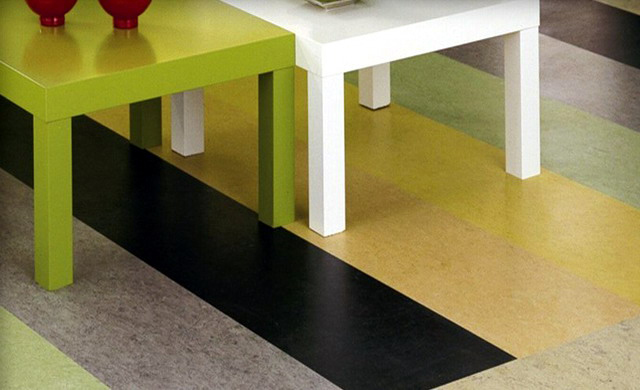The structure of cork makes cork have very good elasticity, sealing, heat insulation, sound insulation, electrical insulation and abrasion resistance, plus non-toxic, odorless, small specific gravity, soft hand, not easy to catch fire, etc. Artificial products are comparable to them. In terms of chemical properties, an ester mixture formed from several hydroxy fatty acids and phenolic acids is a characteristic component of cork, collectively referred to as softwood grease.
It is resistant to decay and chemical corrosion. Therefore, it does not chemically affect water, oil, gasoline, organic acids, salts, esters, etc. except for concentrated nitric acid, concentrated sulfuric acid, chlorine, and iodine. It is widely used, such as cork stoppers, insulation equipment for refrigeration equipment, lifebuoys, and acoustic panels.
Natural cork products
After cooking, softening and drying, direct cutting, stamping, turning and other methods can be used to make finished products such as plugs, mats, handicrafts, and the like.
Baking cork products. The leftovers of the natural cork products are pulverized and then compression-molded, and baked in an oven at 260-316 ° C for 1 to 1.5 hours, and then cooled to a low-temperature heat insulation cork brick. It can also be produced by a superheated steam heating method.
Cemented cork products. Cork fine particles and powder, adhesive (such as resin, rubber) mixed and pressed into cork products, such as floor coverings, sound insulation boards, insulation boards, etc., widely used in aerospace, shipbuilding, machinery, construction and other aspects.
Cork rubber products
It is made of cork powder as raw material and the amount of rubber is about 70%. It has the compressibility of cork and the elasticity of rubber. It is mainly used as a high-quality low- and medium-pressure static sealing material for engines, and can also be used as anti-seismic, sound-proof and friction materials.



